British pilot Jeremy Rowsell’s campaign to clean up plastic waste in the world’s oceans took a huge step forwards earlier this month when he successfully flew more than 500 miles from Sydney, Australia to Melbourne using conventional Jet A1 fuel blended with 10% fuel made from plastic waste.
Jeremy was flying a Van’s RV-9 powered by a Wilksch WAM120 diesel engine specifically designed for light aircraft and able to operate on Jet A1.
“After years of preparation and many ups and downs, we’ve finally shown that the eight million tonnes of plastic dumped into the oceans each year can be put to good use,” said Jeremy. “We blended 10 per cent of fuel manufactured by Plastic Energy with conventional fuel and the flight was a dream.”
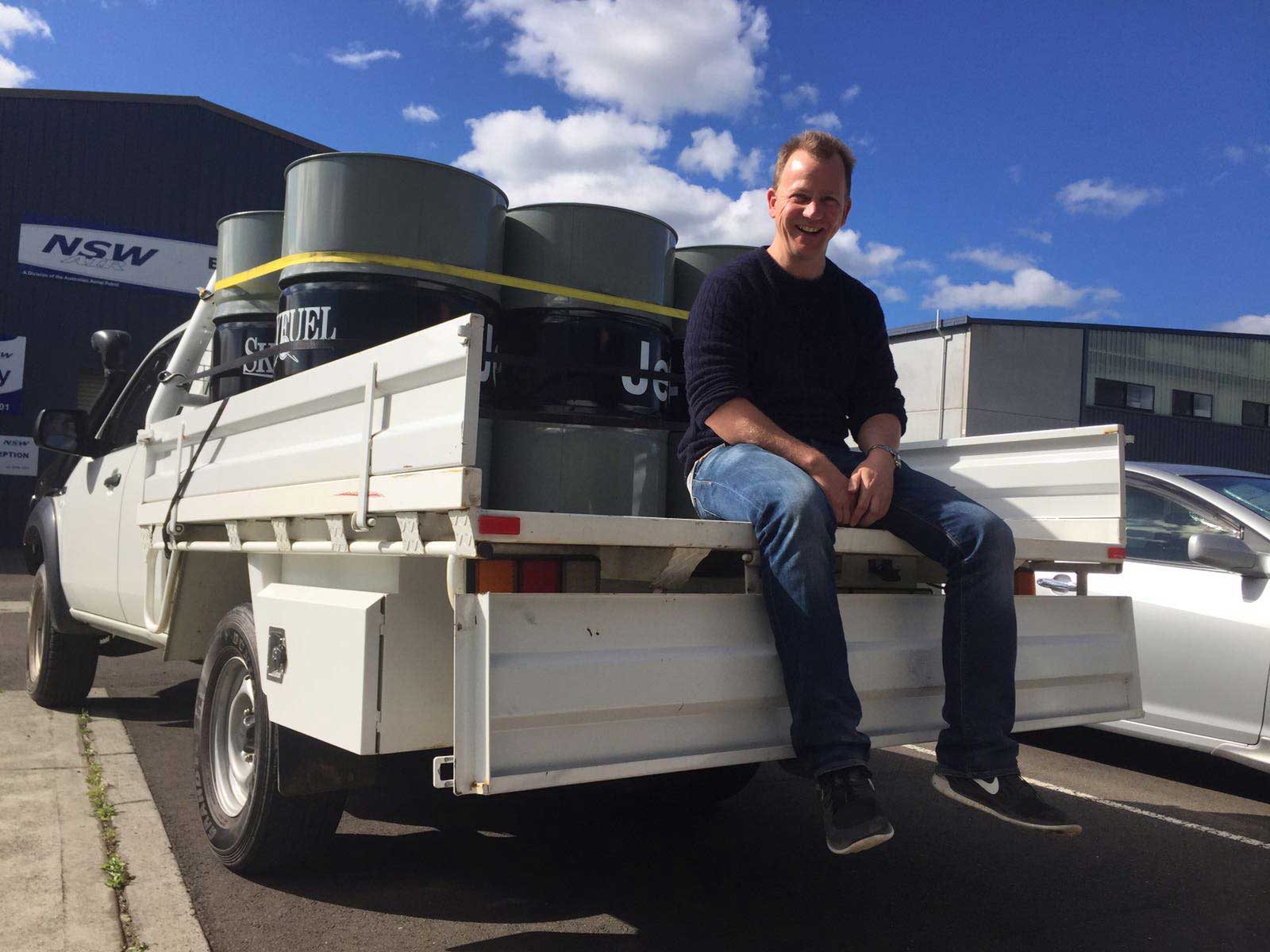
Jeremy Rowsell with his supplies of Plastic Energy Jet-A1 fuel.
“Plastic breaks up into small particles, mixing with the plankton at the ocean surface. Plankton is at the heart of the food chain and provides us with more than half the oxygen we breathe – our oceans keep us alive,” said Jo Ruxton, part of the On Wings Of Waste team and one of the producers of ‘A Plastic Ocean’, a film highlighting plastic pollution to be released on 20 January.
Jeremy’s flight could have a profound effect on the aviation industry. A 747 aircraft on a 10,000 mile flight burns 36,000 gallons of fuel and 33% per cent of airlines’ operating costs are spent on fuel. If 3,600 (UK) gallons of that fuel was sourced from plastic waste it would be the equivalent of 18 tonnes of waste plastic that might otherwise be dumped in the ocean.
Jeremy’s On Wings of Waste campaign started after he saw tons of plastic floating in the Great Pacific Garbage Patch, and has the support of broadcaster Sir David Attenborough. The plastic breaks into tiny particles which are consumed by plankton and thus affect the whole food chain. Plankton also provide oxygen for the atmosphere.
The fuel, produced by Plastic Energy, processes end of life plastic, normally found in the ocean and landfill sites. 95% of the end of life material is usable for diesel fuel and the remaining 5%, known as char, is a solid used for fuel additives and pigments. The On Wings of Waste team is looking for support to build a recycling plant in Australia.
onwingsofwaste.org


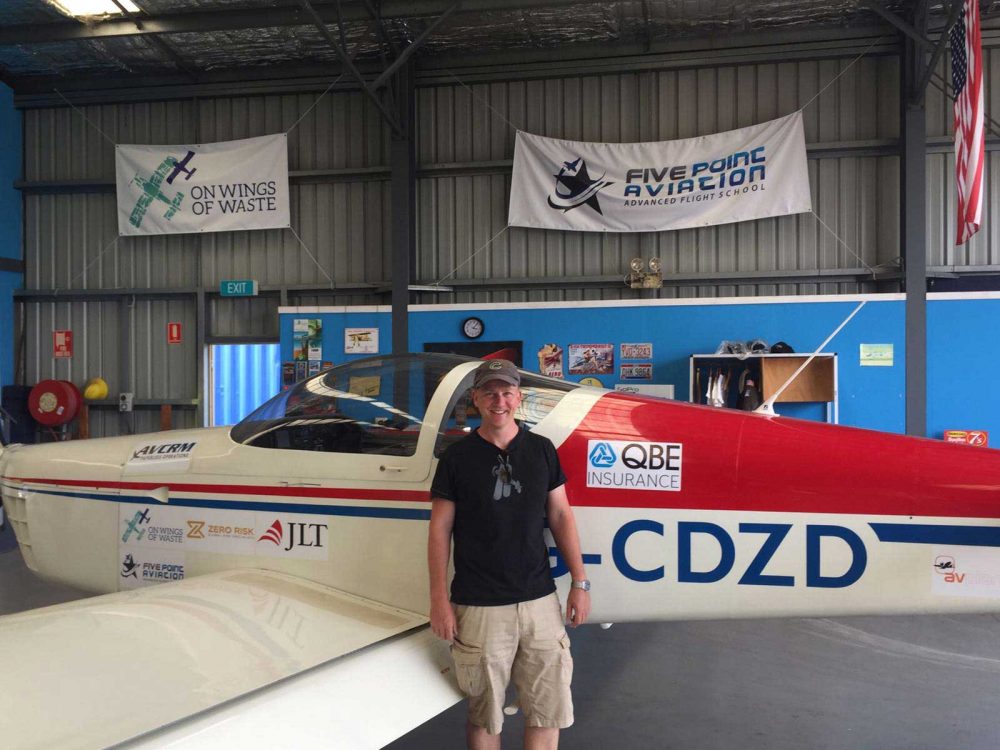

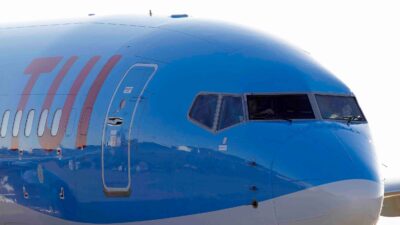

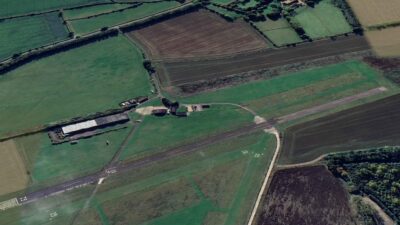

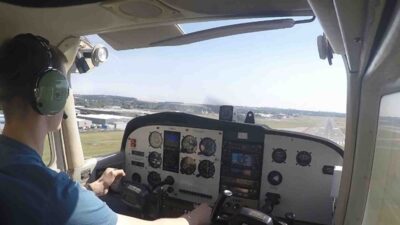





1 comment
Congratulations, shows what can be done with a diesel engine, we have nearly 1000 hours with our WAM120 and have averaged 15 lt/hr over the entire life of the engine.